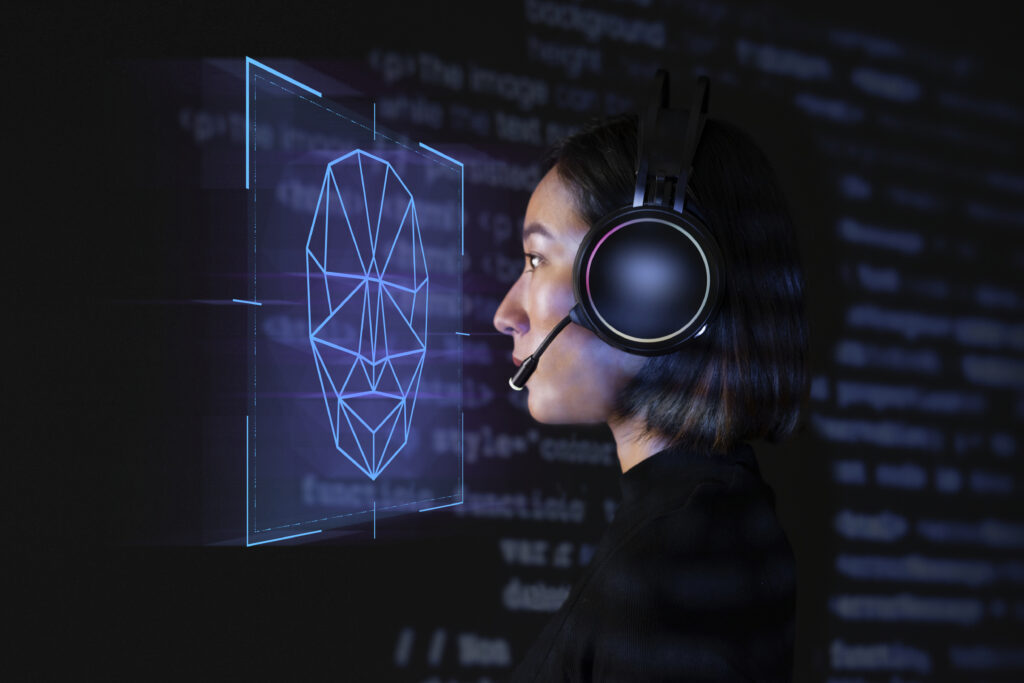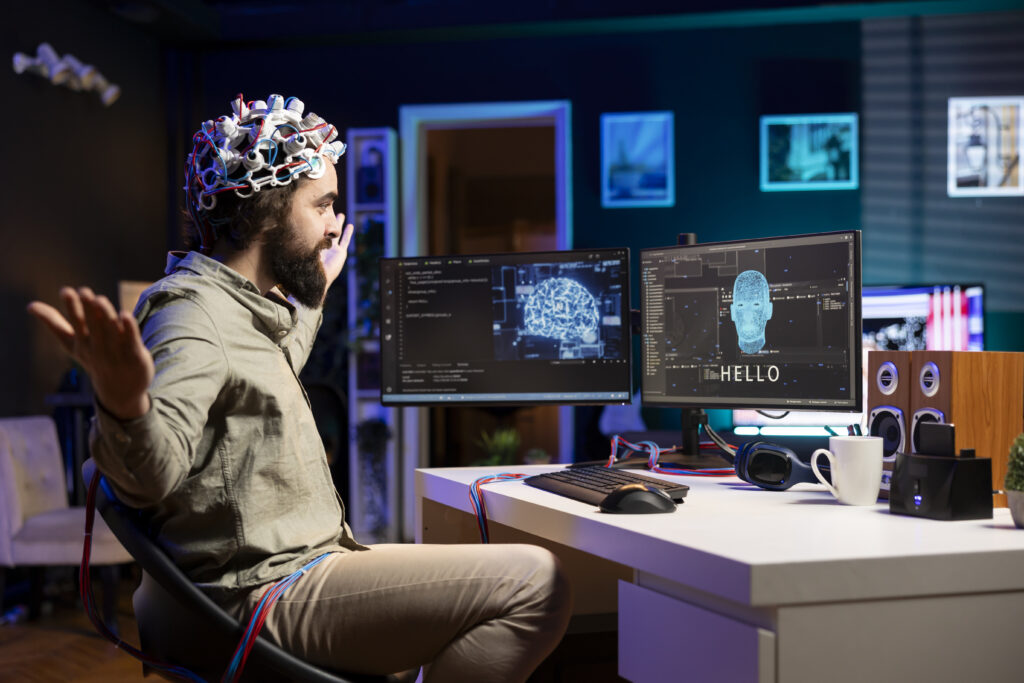Project management is no longer untouched by AI – it’s embedded in the everyday tools we use to manage work. From automated scheduling to real-time risk analysis, artificial intelligence is showing up in powerful ways across project management software. This rapid integration has stirred both excitement and concern: will AI streamline our workloads or make the role of the project manager obsolete? As technology accelerates, it’s essential to understand not just what AI can do, but how it’s reshaping the project manager’s role and what opportunities lie ahead for those who adapt.
What Is an AI Project Manager, Really?
When people hear “AI project manager,” many imagine a futuristic robot leading meetings and handing out tasks. In reality, it’s far less dramatic and far more practical. AI in project management typically refers to smart systems that support the coordination of work. These tools don’t replace human leaders; instead, they augment our capabilities by processing vast amounts of data and automating routine actions.
Think of AI as the behind-the-scenes engine that updates project timelines, prioritizes tasks based on urgency or dependencies and alerts you when something looks off. Tools like ClickUp AI, Monday.com’s WorkOS, and Smartsheet’s predictive analytics are already doing this. They don’t lead teams – they support leaders by reducing the burden of manual oversight and improving accuracy across processes.

Tasks AI Handles Better Than Humans
One of the clearest advantages of AI is its ability to handle repetitive, time-consuming tasks at speed and scale. Updating status reports, calculating project velocity, forecasting resource needs and analyzing project health – these are all things AI can do more quickly and often more accurately than a human.
In large or complex projects, this can be a game-changer. AI doesn’t suffer from fatigue, overlook details, or forget to send reminders. It works consistently in the background, keeping the operational side of project management running smoothly.
This creates space for human project managers to focus less on micromanagement and more on decision-making, alignment and leadership. The time saved by automating low-value work can be reinvested into strategic planning and team development – areas where people still shine.
Where Humans Still Have the Edge
Despite the power of AI, there are essential areas it simply cannot replace – at least not yet. Human project managers bring emotional intelligence, situational awareness, and the ability to read between the lines in ways that no algorithm can. Navigating team dynamics, resolving conflict, building trust, and maintaining morale all require intuition and empathy. These are subtle, complex interactions that go beyond data.
Additionally, human judgment is crucial when it comes to making decisions with incomplete information or balancing competing priorities that aren’t reflected in a system. For example, an AI may suggest a delay to optimize cost-efficiency, but a human leader knows that delivering on time – even at a premium – is critical for long-term client relationships. Ultimately, successful project management requires more than technical accuracy – it requires people who can lead, adapt and inspire.

The key to artificial intelligence has always been the representation.
Jeff Hawkins
What Project Managers Need to Do Right Now
Rather than fearing the rise of AI, project managers should view this moment as an invitation to evolve. Learning how to work with AI – rather than resisting it – will become a defining skill. Start by exploring the AI features built into the tools you already use. Understand how machine learning improves forecasting, or how natural language processing can summarize meetings and emails. From there, focus on building the skills that AI can’t replicate: storytelling, negotiation, leadership, and creative problem-solving.
Upskilling in both technology and soft skills will keep your role relevant and resilient. Project managers who embrace AI as a co-pilot – rather than a competitor – will find themselves ahead of the curve, able to deliver greater value and lead with confidence in a rapidly changing landscape.
Will AI Replace Project Managers?
The short answer is no. AI will not replace project managers – but it will replace many of the tasks that currently fill their days. This distinction is critical. The role itself will evolve, shifting away from task tracking and status updates, and toward strategic facilitation, change leadership, and cross-functional collaboration.
AI will take care of the repetitive and data-driven work, while humans take on the roles of navigator and interpreter. In fact, as projects become more complex and distributed, the need for skilled human leadership increases. The future belongs to project managers who can guide teams through ambiguity, make judgment calls and translate vision into execution. Rather than becoming obsolete, the PM role is becoming more human and more important than ever.
Final Thoughts: Should You Be Worried or Excited?
This new era of AI-assisted project management isn’t a threat – it’s a shift. One that creates real opportunity for those willing to adapt. If you cling to old ways of working, the shift may feel intimidating. But if you lean in – learning how to delegate tasks to AI and elevate your leadership – you’ll find the future holds incredible potential.
Less admin, more impact. Less firefighting, more foresight. The question isn’t whether AI will change your role. It already is. The real question is: will you change with it and take the lead in this next chapter?
#AIinProjectManagement #ArtificialIntelligence #ProjectManagement #FutureOfWork #DigitalTransformation #AITrends #PMInnovation #TechLeadership #AIandAutomation #SmartTools





